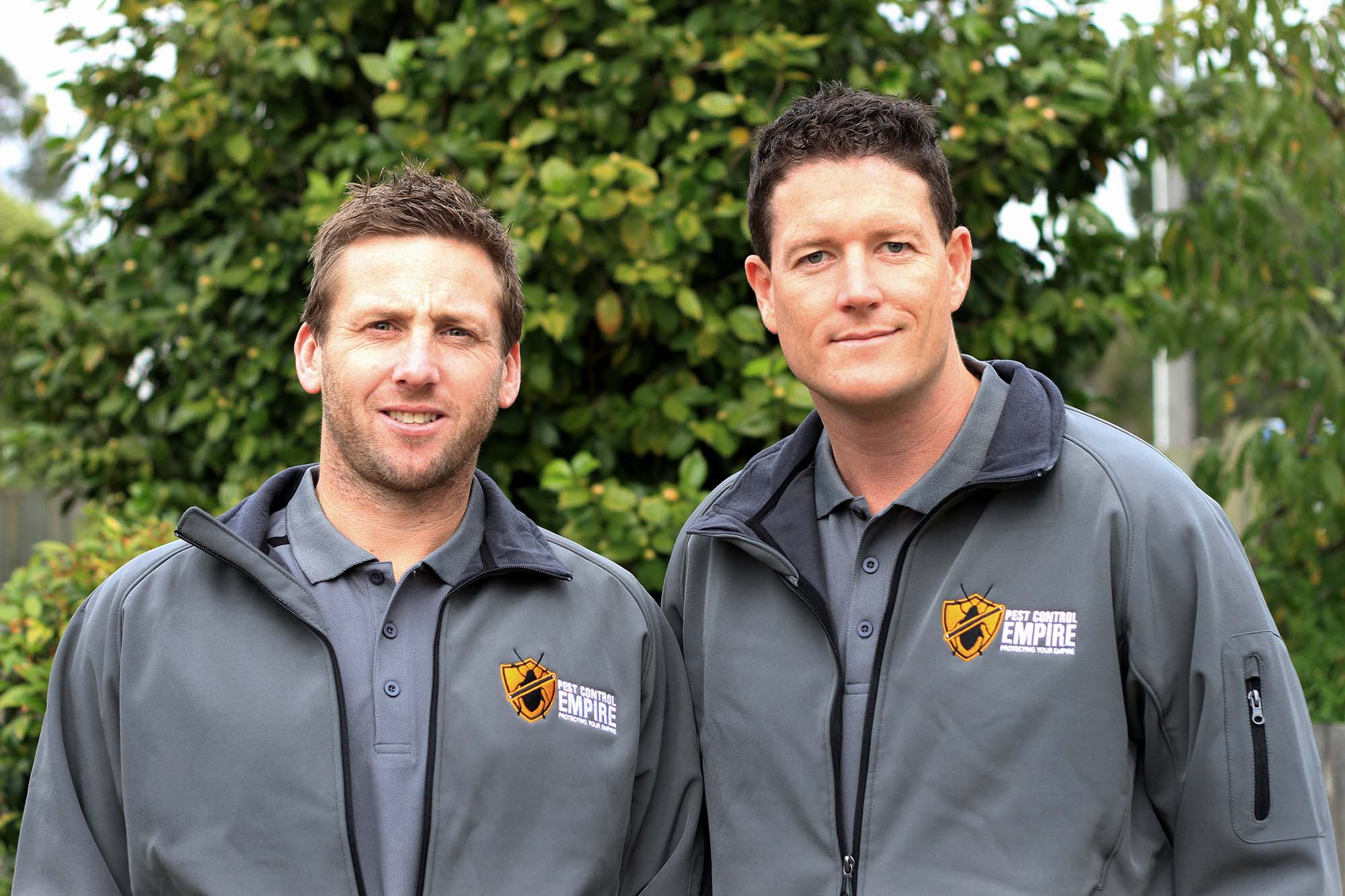The welfare of our children while in a learning environment is always on our minds. We want them to be healthy, safe, learn and make friends. There is one threat, however, to the health and safety of our children while in an education facility that is not often considered. This threat is pests and includes rodents, spiders, snakes, bees and European wasps (the schoolyard bully does not fit into this category!). The last thing we wish for our children is to be bitten by a wasp or spider, or suffer food poisoning after eating food contaminated by a cockroach, mouse or rat.
Education providers must manage pests to prevent injury, disease, damage to property, maintain building aesthetics and minimise disruption to activities. Learning centers are also obliged to prevent any spread into the local community. Pesticides are often used to manage an outbreak and it’s fair to say that the community holds concerns about the use of toxic substances in this type of environment.

We’re experienced in the control of pests within schools, child care and aged care facilities which all provide services to vulnerable people. By engaging a professional rather than DIY& nbsp; the risk to students and staff is avoided as the staff is unlikely to be trained in the administration of pesticides.
As they are unlikely to be trained in this field, it would be a breach of work health and safety laws to expect them to do so. We recommend the appointment of a pest management coordinator which can be the principal, a staff member or a member of the maintenance staff.
An integrated pest management plan should be developed between both parties and recorded in written form. This plan will set the objectives and outline the procedures should a threat emerge. The main intention of the plan, if properly implemented, is to:
The management process involves cooperation at every level, including from the students. To prevent a possible invasion the first thing to do is reduce the attractiveness of the facility to pests. They really are simple creatures that only require food, water and shelter to survive and reproduce. If one of these resources is removed, the problem will usually be removed. A high standard of hygiene and sanitation will be required to achieve this goal. Steps that should be taken include:
Store food in sealed containers when not in use.

We time any required chemical treatment to limit human exposure. The ideal times are school holidays and weekends, although this may not always be practical. For instance, a wasp nest may require immediate destruction to prevent bites to students and staff.
A proactive management plan is always preferred to a reactive response. If you would like to discuss the implementation of a plan at your education facility, or you would like a review of your existing plan, simply contact 1300 665 573 to speak with a member of our team.
Copyright 2020 Pest Control